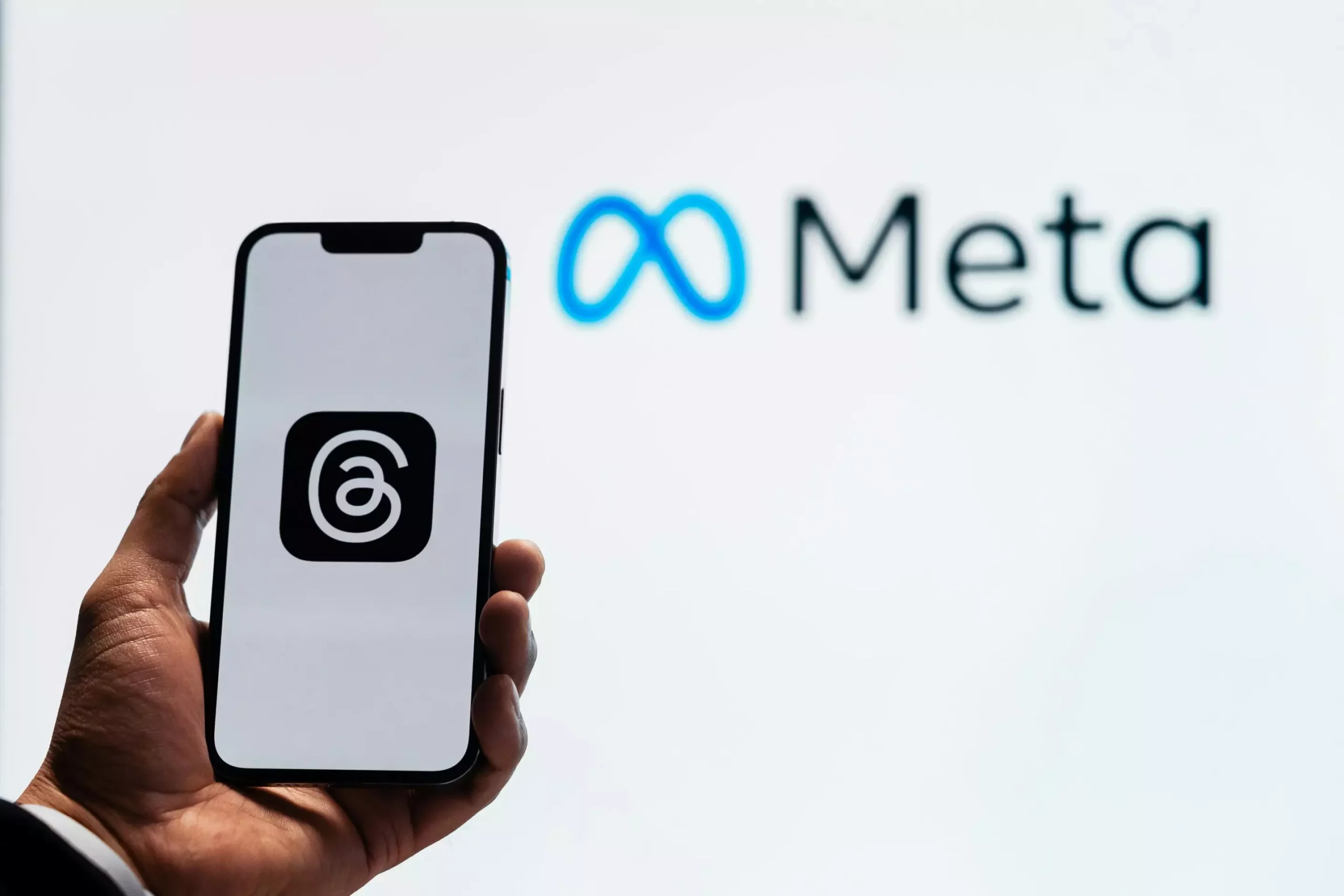In the realm of artificial intelligence (AI), a fierce battle is being fought between companies that advocate for open-source AI and those that prefer closed-source AI. Open-source AI proponents believe in transparency and community collaboration, while closed-source AI supporters prioritize intellectual property protection and profit maximization.
Meta, the parent company of Facebook, recently made a significant move in favor of open-source AI by releasing a new collection of large AI models. One of the standout models is Llama 3.1 405B, proclaimed by Meta’s CEO, Mark Zuckerberg, as “the first frontier-level open source AI model.” This development signifies a step towards democratizing access to AI technologies and fostering innovation through transparency.
Companies that utilize closed-source AI models keep their datasets, source codes, and algorithms confidential. While this approach safeguards proprietary information and profits, it hampers public trust, accountability, and innovation. Closed-source AI systems lack transparency, making it challenging to ensure fairness, privacy, and human oversight in AI technologies.
Unlike closed-source AI, open-source AI models provide unrestricted access to datasets and codes, enabling rapid development and collaboration within the AI community. Smaller organizations and individuals can participate in AI development, minimizing the reliance on a single platform. Open-source AI also facilitates the identification of biases and vulnerabilities, promoting a more inclusive and accountable AI ecosystem.
Meta has emerged as a trailblazer in the realm of open-source AI, particularly with the launch of Llama 3.1 405B, the largest open-source AI model to date. Although the model offers competitive performance in various tasks, Meta’s decision not to release the extensive dataset used for training raises questions about the model’s transparency and openness. Nonetheless, Meta’s efforts level the playing field for researchers, organizations, and startups looking to leverage advanced AI technologies.
To ensure the democratization of AI technologies, it is essential to establish robust governance frameworks, enhance accessibility to computing resources, and promote openness in dataset and algorithm sharing. Achieving these three pillars requires collaboration among government, industry, academia, and the public. Individuals can contribute by advocating for ethical AI practices, staying informed about AI advancements, and supporting open-source initiatives.
While open-source AI offers numerous benefits, it also poses ethical challenges such as quality control issues, cybersecurity risks, and potential misuse of AI models for malicious purposes. Balancing the protection of intellectual property with the promotion of innovation is a critical consideration in the open-source AI landscape. Safeguarding open-source AI against misuse and ensuring ethical development practices are key priorities for creating an inclusive and responsible AI future.
The debate between open-source and closed-source AI underscores the need for a thoughtful and critical approach to AI development and deployment. By fostering transparency, collaboration, and ethical governance in AI technologies, we can harness the power of AI for the greater good. The choice between an inclusive, community-driven AI landscape and a closed, proprietary AI environment rests in our hands. It is imperative that we navigate this path with care and consideration to ensure that AI serves as a tool for empowerment and innovation rather than exclusion and control.


Leave a Reply